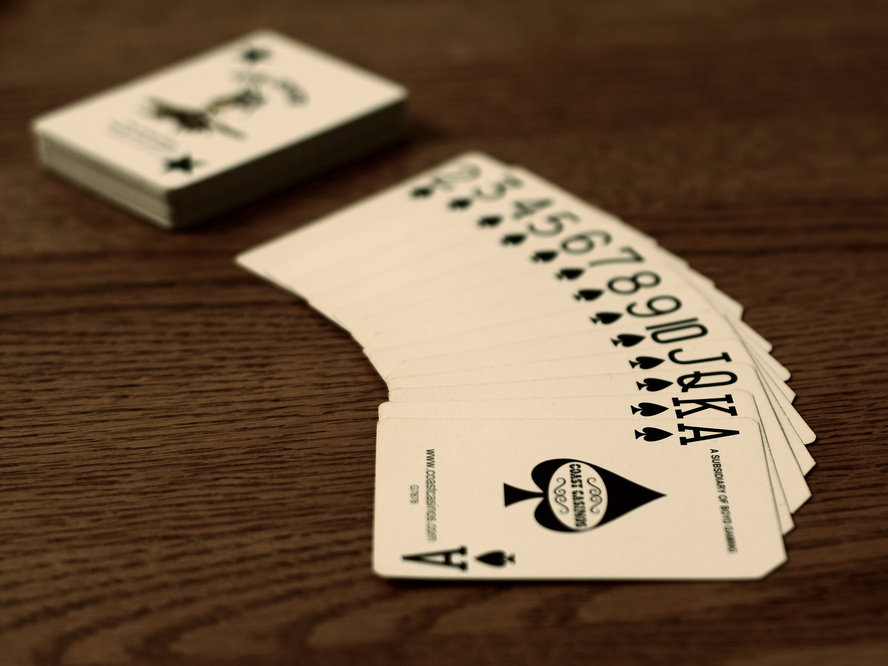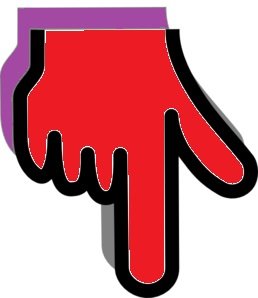Is It Racist To 'Call A Spade A Spade'?
Hello and welcome my Steemian friends to a new episode of "Is It Racist To 'Call A Spade A Spade'?" !!!!!
What happens when a superbly harmless expression goes up against a more evil significance after some time?
For example, the articulation "to call a spade a spade." For a large portion of a thousand years, the expression has filled in as a request to "come out with the simple truth of the matter." It is just in the previous century that the expression started to gain a negative, racial suggestion.
Antiquarians follow the roots of the articulation to the Greek expression "to call a fig a fig and a trough a trough." Exactly who was the main creator of "to call a trough a trough" is lost to history. Some credit it to Aristophanes, while others ascribe it to the writer Menander. The Greek history specialist Plutarch (who kicked the bucket in A.D. 120) utilized it in Moralia. The blogger Matt Colvin, who has a Ph.D. in Greek writing, as of late brought up that the first Greek articulation was likely disgusting in nature and that the "figs" and "troughs" being referred to were two sided sayings.
Erasmus, the eminent humanist and traditional researcher, interpreted the expression "to call a fig a fig and a trough a trough" from Greek to Latin. Also, in this manner he significantly changed the expression to "call a spade a spade." (This may have been a mistaken interpretation however appears to probably have been an imaginative understanding and a think decision.) "Spade" stuck on account of Erasmus' impressive impact in European scholarly circles, composes the University of Vermont's Wolfgang Mieder in his 2002 contextual investigation Call a Spade a Spade: From Classical Phrase to Racial Slur.
"To call a spade a spade" entered the English dialect when Nicholas Udall interpreted Erasmus in 1542. Well known creators who have utilized it in their works incorporate Charles Dickens and W. Somerset Maugham, among others.
To be clear, the "spade" in the Erasmus interpretation has nothing to do with a deck of cards, yet rather the planting instrument. Actually, one type of the articulation that developed later was "to call a spade a grisly scoop." The early utilizations of "spade" did not allude to either race or skin shading.
One of the more popular notices of the expression came in Oscar Wilde's 1895 play The Importance of Being Earnest:
CECILY:
"Do you propose, Miss Fairfax, that I ensnared Ernest into an engagement? How could you? This is no time for wearing the shallow cover of behavior. When I see a spade I call it a spade."
GWENDOLEN:
[Satirically.] "I am happy to state that I have never observed a spade. Clearly our social circles have been generally unique."
Government officials and reporters have additionally as often as possible utilized the articulation. In the wake of coming back to the United States after World War I, the researcher and social equality extremist W.E.B. Du Bois wrote in his popular 1919 publication "Returning Soldiers" about the battles of African-American men:
"We stand again to look America unequivocally in the face and call a spade a spade. We sing: This nation of our own, notwithstanding all its better souls have done and imagined, is yet a dishonorable land."
In the late 1920s amid the Harlem Renaissance, "spade" started to develop into code for a dark individual, as indicated by Patricia T. O'Connor and Stewart Kellerman's book Origins of the Specious: Myths and Misconceptions of the English Language. The Oxford English Dictionary says the main appearance of the word spade as a source of perspective to darkness was in Claude McKay's 1928 novel Home to Harlem, which was eminent for its portrayals of road life in Harlem in the 1920s. "Jake is such a trick spade," composed McKay. "Don't know how to deal with the womens." Fellow Harlem Renaissance essayist Wallace Thurman at that point utilized the word in his novel The Blacker The Berry: A Novel of Negro Life, a broadly read and eminent work that investigated bias inside the African-American people group. "Ponder where every one of the spades keep themselves?" one of Thurman's characters inquires. It was additionally in the 1920s that the "spade" being referred to started to allude to the spade found on playing cards.
The word would change promote in the years to come. In the end, the expression "dark as the trump card" likewise turned out to be broadly utilized, additionally fortifying the relationship amongst spades and playing cards.
Wolfgang Mieder takes note of that in the fourth release of The American Language, H.L. Mencken's acclaimed book about dialect in the United States, "spade" is recorded as one of the "defamatory" names for "Negroes" (alongside "Zulu," "skunk" and numerous different words that I can't print here). Robert L. Chapman struck a comparable note in his Thesaurus of American Slang (1989). "Every one of these terms will give profound offense if utilized by nonblacks," cautioned Chapman, posting "spade" in a gathering that included words like blackbird, shade, shadow, skillet and smoke.
The British creator Colin MacInnes, who was white, as often as possible utilized the term in books like City of Spades (1957) and Absolute Beginners (1959) about the multiracial, multicultural London of the 1950s and '60s. MacInnes has been condemned for his exotification and sexualization of dark culture in his books. MacInnes additionally begat the cringeworthy word "spadelet" to allude to dark newborn children.
Likewise with numerous other racialized terms, there were endeavors to recover the word after it had turned into a slur. Four years after Malcolm X was murdered in 1965, artist Ted Joans praised him in his ballad "My Ace of Spades." The craftsman David Hammons likewise investigated the negative undertones to the word in his 1973 figure "Spade With Chains." Hammons once advised a questioner that he started to join spades into his work since "I was known as a spade once, and I didn't recognize what it implied ... so I took the shape and began painting it." And a character in 2009's Black Dynamite (a farce of the blaxploitation movies of the 1970s) tells an adversary that he's "darker than the trump card and more activist than you."
So what does the greater part of this mean for individuals who need to, well, "call a spade a spade"? I ask alert. Mieder finishes up his contextual investigation with the contention that "to call a spade a spade" ought to be resigned from present day utilization: "Instead of taking the risk of inadvertently insulting somebody or of being misconstrued, it is best to surrender the old harmless acknowledged articulation all together."


gd work
gd man
I like this game very much.
if you want to west your time you can play card
good and best job
gd post